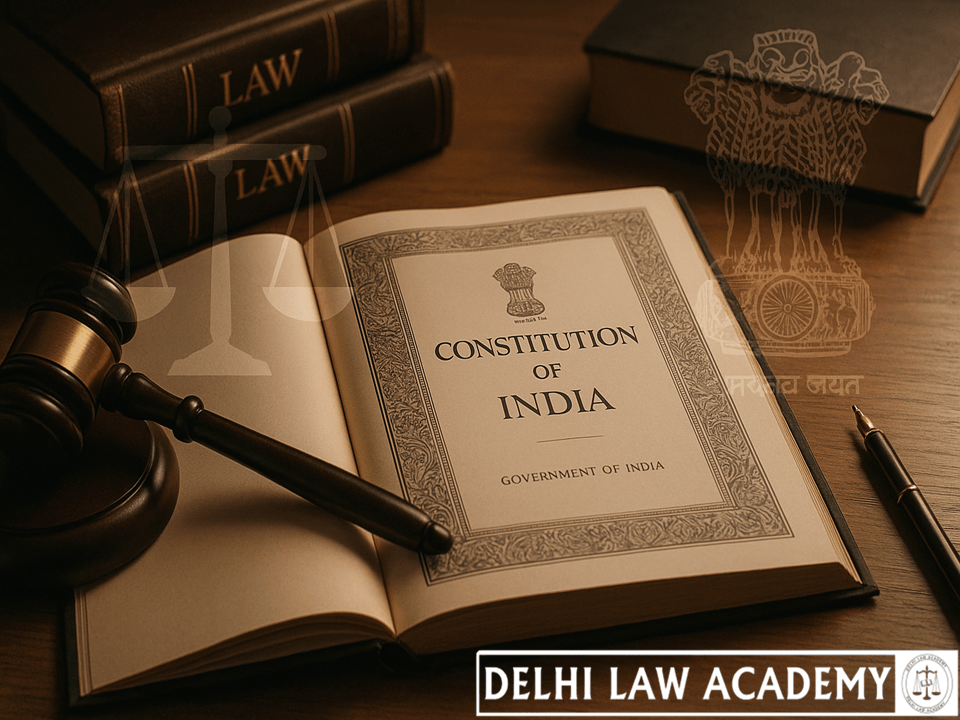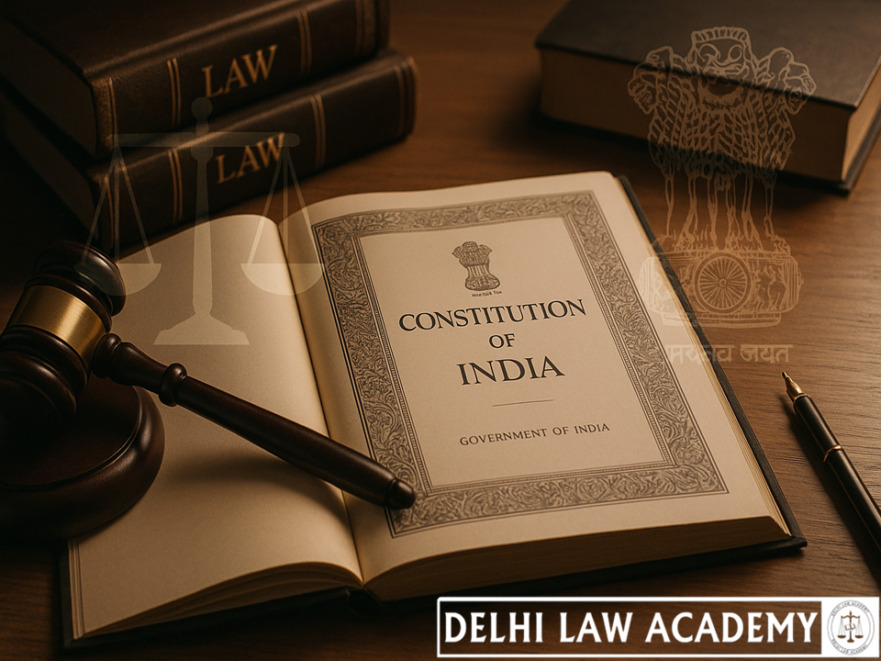
📌 Key Topics in this Blog
- ⚖️ Supreme Court Judgments on the Right to Life
- 🔒 Right to Privacy
- ⭐ Right to Protection of Reputation
- 🆔 Aadhaar Act Judgment
- 🌈 Legal Recognition of the Identity and Rights of Transgenders
⚖️ Landmark Judgments on Right to Privacy & Right to Protection of Reputation
📌 Case 1: Justice K.S. Puttaswamy (Retd.) v. Union of India [2017 SC]
The right to privacy is protected as an intrinsic part of the right to life and personal liberty under Article 21 and as a part of the freedoms guaranteed by Part III of the Constitution.
A natural right
“Right to privacy of any individual” is essentially a natural right, which inheres in every human being by birth. Such right remains with the human being till he/she breathes last. It is indeed inseparable and inalienable from human being. In other words, it is born with the human being and extinguish with human being.
One cannot conceive an individual enjoying meaningful life with dignity without such right. Indeed, it is one of those cherished rights, which every civilized society governed by rule of law always recognizes in every human being and is under obligation to recognize such rights in order to maintain and preserve the dignity of an individual.
Meaning
The most popular meaning of “right to privacy” is “the right to be let alone”.
Source of the right to privacy
The “right to privacy“ emanates from the two expressions of the Preamble namely, “liberty of thought, expression, belief, faith and worship” and “Fraternity assuring the dignity of the individual“ and also emanating from Article 19 (1)(a) which gives to every citizen “a freedom of speech and expression” and further emanating from Article 19(1)(d) which gives to every citizen “a right to move freely throughout the territory of India” and lastly, emanating from the expression “personal liberty” under Article 21.
Indeed, the right to privacy is inbuilt in these expressions and flows from each of them and in juxtaposition.
📌 Case 2: Subramanian Swamy v. Union of India [2016 SC]
Protection of reputation is a fundamental right. It is also a human right. Cumulatively it serves the social interest.
Each is entitled to dignity of person and of reputation. Nobody has a right to denigrate others’ right to person or reputation.
Reputation being an inherent component of Article 21, we do not think it should be allowed to be sullied solely because another individual can have its freedom. It is not a restriction that has an inevitable consequence which impairs circulation of thoughts and ideas.
Therefore, a balance between the two rights needs to be struck. “Reputation” of one cannot be allowed to be crucified at the altar of the other’s right of free speech.
⚖️ Landmark Supreme Court Judgments on Aadhaar Act & Transgender Rights
📌 Case 3: Justice K.S. Puttaswamy (Retd.) v. Union of India (The Aadhaar Act Judgment, 2018)
Ans: It is held that all matters pertaining to an individual do not qualify as being an inherent part of right to privacy. Only those matters over which there would be a reasonable expectation of privacy are protected by Article 21.
The triple test is satisfied: The Aadhaar scheme is backed by the statute, i.e. the Aadhaar Act. It also serves legitimate State aim: the aim in passing the Act was to ensure that social benefit schemes reach the deserving community. The rationale behind Section 7 lies in ensuring targeted delivery of services, benefits and subsidies which are funded from the Consolidated Fund of India.
There needs to be balancing of two competing fundamental rights, right to privacy on the one hand and right to food, shelter and employment on the other hand. Axiomatically both the rights are founded on human dignity.
Here we find that the inroads into the privacy rights where these individuals are made to part with their biometric information, is minimal. It is coupled with the fact that there is no data collection on the movements of such individuals, when they avail benefits under Section 7 of the Act, thereby ruling out the possibility of creating their profiles.
Conclusion: The Aadhaar Act meets the test of balancing as well.
Other Aspects:
- ‘Benefits’ and ‘services’ as mentioned in Section 7 should be those which have the colour of some kind of subsidies etc., namely, welfare schemes of the Government.
- CBSE, NEET, JEE, UGC etc. cannot make the requirement of Aadhaar mandatory as they are outside the purview of Section 7 and are not backed by any law.
- For the enrolment of children under the Aadhaar Act, it would be essential to have the consent of their parents/guardian.
- Insofar as the school admission of children is concerned, requirement of Aadhaar would not be compulsory as it is neither a service nor subsidy.
- The provision which enables body corporate and individuals also to seek authentication, that too on the basis of a contract between the individual and such body corporate or person, would impinge upon the right to privacy of such individuals. This part is declared unconstitutional.
- The compulsory linking of Aadhaar for existing bank accounts with a stipulation that if the same is not done then the account would be deactivated, amounts to depriving a person of his property. Mandatory linking of Aadhaar with bank account does not satisfy the test of proportionality.
📌 Case 4: National Legal Services Authority (NALSA) v. Union of India [2014]
Directions by the Supreme Court:
- Hijras, Eunuchs, apart from binary gender, be treated as “third gender” for the purpose of safeguarding their rights under Part III of our Constitution and the laws.
- Transgender persons’ right to decide their self-identified gender is upheld. Centre and State Governments are directed to grant legal recognition of their gender identity such as male, female or as third gender.
- Centre and State Governments to treat them as socially and educationally backward classes of citizens and extend all kinds of reservation in admissions to educational institutions and public appointments.
- Separate HIV Sero-surveillance Centres to be operated for Hijras/Transgenders, considering their specific health issues.
- Centre and State Governments should take proper measures to provide medical care to TGs in hospitals and provide them separate public toilets and other facilities.
- Centre and State Governments should also frame various social welfare schemes for their betterment.
📚 Continue Your Constitution of India Preparation
Don’t stop here! Strengthen your knowledge of the Fundamental Rights with our other related blogs:
📘 Stay Ahead with Delhi Law Academy!
Get access to free monthly current affairs, read our insightful blogs,
and explore free study resources prepared by experts at DLA Jaipur. 🚀
❓ Frequently Asked Questions
Contact us
📍 Delhi Law Academy – Jaipur Branch
6C, Tower 2, Coaching Hub, Pratap Nagar, Jaipur – 302033
📞 Phone:
+91 9911916552
+91 8447285606
✉️ Email:
contactus@delhilawacademy.com

